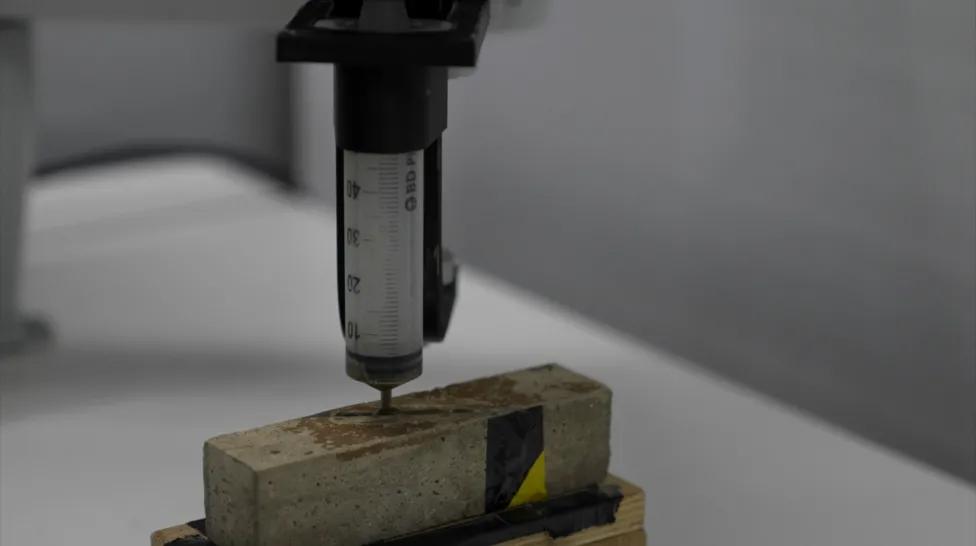
Published on 16 January 2024
Laing O’Rourke Centre Professor Ioannis Brilakis was featured in the BBC's response to the AA report released to coincide with the UK's National Pothole Day on Monday, 15th January 2024.
The BBC visited the University of Cambridge to view demonstrations of how the Digital Roads of the Future initiative is finding a way to automatically detect early damage to the nation's roads using Digital Twins and data science to determine early intervention and repair strategies using smart materials and robotics.
We're putting together a robotic van, that can fix the most common road problems like cracks and potholes and others, and then repaint the lane markings.
Professor Ioannis Brilakis
When small cracks form on the road's surface, water can penetrate the road, which, when combined with extremely cold weather, turns to ice, which expands in the crack, causing further damage. This action, repeated over and over, can lead to the formation of damaging potholes. Potholes pose a significant threat to the safety of cyclists and drivers and a costly expense for local and national road authorities, as fixing a pothole can take a large amount of material, work hours and road closures.
Cambridge, along with Leeds and Liverpool Universities, is researching how robots could be used to make repairs. They believe the data they gather can help them get a much bigger picture of the pothole problem rather than using a few expensive vehicles with specialist scanners.
Read the full BBC article or watch it on BBC Breakfast.
The text in this work is licensed under a Creative Commons Attribution 4.0 International License.
